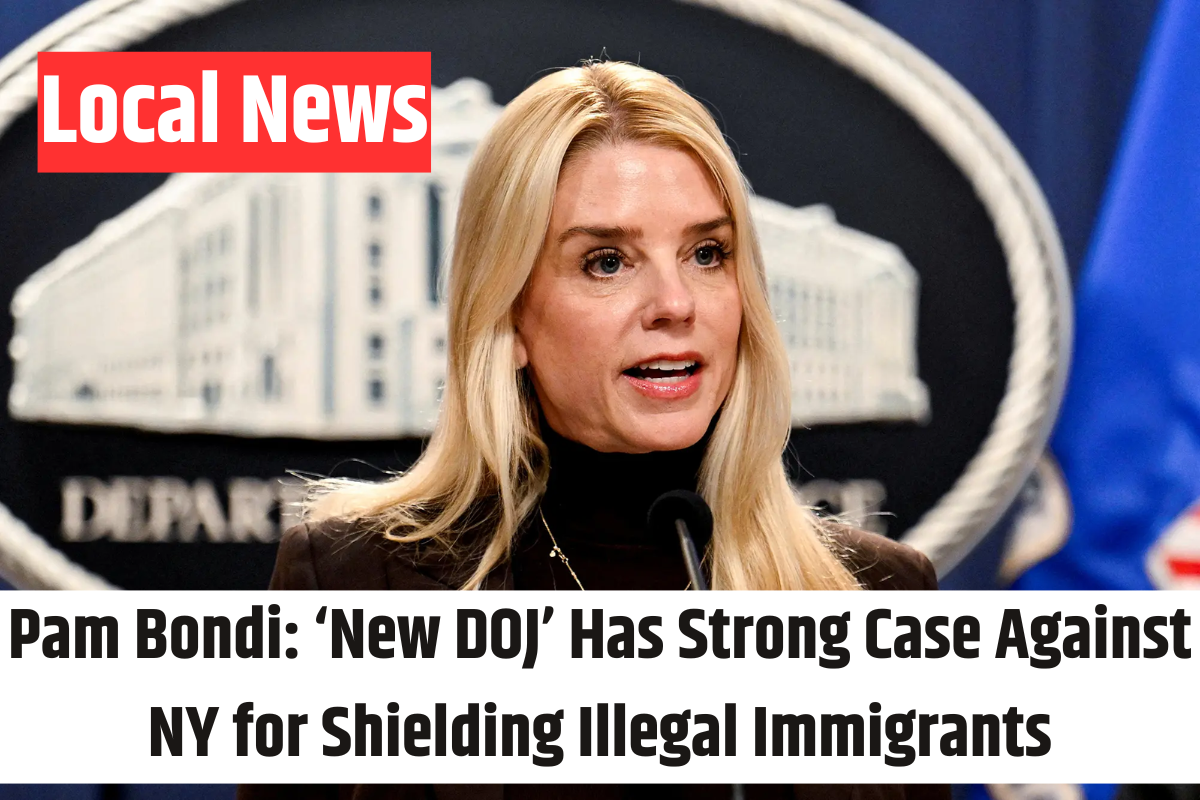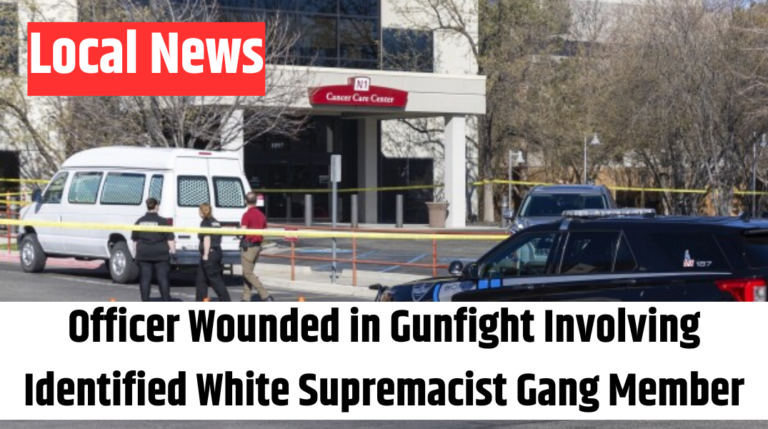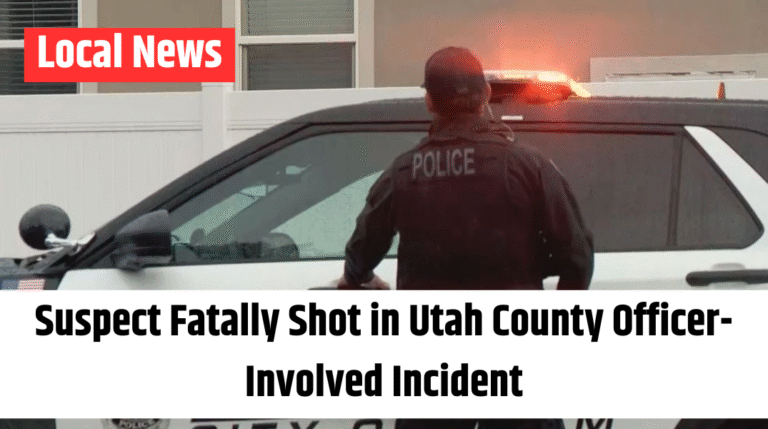
New York state is embroiled in a legal showdown with the federal government over a controversial law that critics say shields undocumented immigrants from deportation. The lawsuit, filed by the Justice Department, challenges the state’s Green Light Law, which allows undocumented individuals to obtain driver’s licenses while restricting federal access to DMV records.
Governor Kathy Hochul has dismissed the lawsuit as a political maneuver, vowing that New York will stand firm. However, legal experts suggest the case has strong constitutional grounds under the Supremacy Clause, which prevents states from obstructing federal law enforcement efforts.
The Green Light Law and Federal Opposition
Signed into law in 2019 by former Governor Andrew Cuomo, the Green Light Law prevents federal immigration authorities from accessing driver’s license data without a court order. It also requires the DMV to notify individuals if law enforcement has reviewed their records within three days—an unprecedented provision not seen in other states with similar laws.
Federal officials argue that this restriction hinders their ability to identify and detain individuals with criminal records. U.S. Attorney General Pam Bondi, who announced the lawsuit on February 12, was joined by Angel Mom Tammy Nobles, whose daughter was murdered by an MS-13 gang member. Bondi contends that New York is obstructing efforts to remove dangerous individuals from the country, putting public safety at risk.
The Laken Riley Act and Broader Enforcement Push
The lawsuit also cites the recently enacted Laken Riley Act, which requires the detention and deportation of undocumented immigrants convicted of violent crimes or theft upon their release from prison. Immigration officials warn that nearly 600,000 undocumented individuals with criminal records remain in the U.S., complicating law enforcement efforts.
New York’s legal battle mirrors similar challenges in Illinois and Chicago, where Bondi has filed lawsuits against local policies that limit cooperation with federal immigration authorities. These lawsuits assert that such policies go beyond noncompliance and actively interfere with federal law, which could violate the Constitution.
Political Tensions and Public Opinion
New York City Mayor Eric Adams has attempted to navigate the issue by working with federal immigration officials while facing resistance from his own party. Reports suggest Adams has promised increased ICE cooperation at Rikers Island, though specifics remain undisclosed due to potential opposition from the City Council.
Despite political pushback, polling data indicates that 72% of New York City residents support cooperation with federal immigration enforcement when dealing with individuals who have committed crimes. ICE officials claim that over 58,000 undocumented individuals in the city are either convicted felons or facing criminal charges.
The Road Ahead
New York lawmakers continue to push legislation that further limits ICE’s reach, including bills that would prevent immigration enforcement at schools and shelters without a court order. Meanwhile, states like California appear to be shifting their stance. Governor Gavin Newsom recently announced he would veto a bill that blocks prison officials from turning over undocumented individuals with criminal convictions to ICE.
As the lawsuit unfolds, New York faces the risk of losing federal funding while drawing criticism for policies that some argue prioritize undocumented individuals over public safety. Whether the courts side with the federal government or uphold the state’s authority to regulate its own policies will have significant implications for immigration enforcement nationwide.




